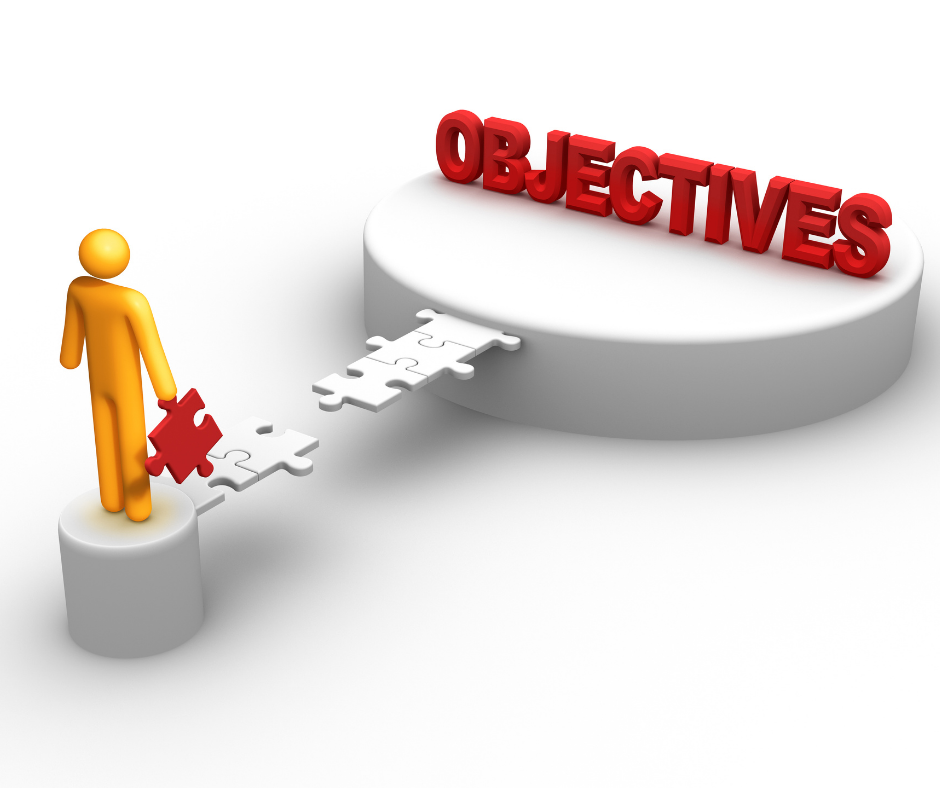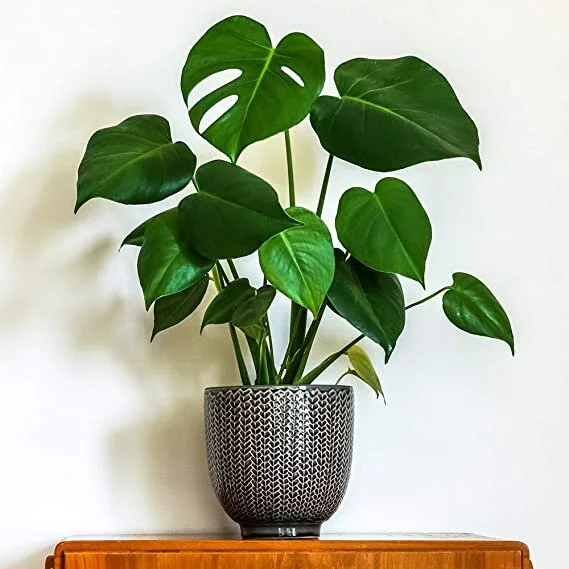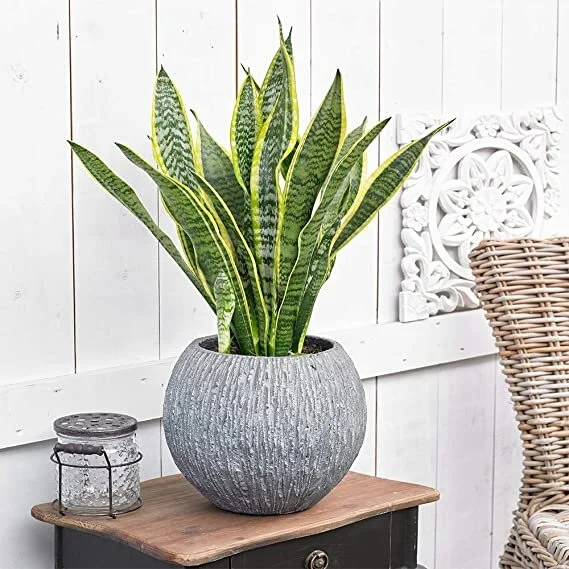Seven ways to help manage work stress in a second lockdown
How you deal with stress matters. It affects your health and well-being, including your ability to succeed in your personal and professional life.
The health and care industry is known to be an enriching place to work. However, it can also be highly stressful. But you can't avoid all stressful situations in your life because growth requires dealing with stress.
Unless you have a special gift for managing stress effectively, stress management is a skill worth cultivating in professional development.
Learning to respond to stress effectively is right for you in so many ways. A huge part of being successful at work and home lies in your stress management strategies. Most successful people have invested time in learning effective ways to manage their stress, and everyone deals with stress in their unique way. However, most people respond to stress in three ways.
Take a few minutes to reflect on your responses to stress in the past. Reflecting on the information and questions below which one do you identify with the most?
The Escape Artist: Do you do everything possible to remove yourself from the stressful situation? Do you tend to grab any solution that eliminates the short-term stress without much thought about the long-term effects? For example, an "escape artist" who hates their job might quit even if they don't have another job lined up. Hate your job? Quit, even if you don't have another.
The Distractor: Do you attempt to distract yourself from the issue that's causing the stress rather than taking time to manage the problem. Do you watch TV, shop, do chores, surf your social media for hours, binge eat, or drink instead?
The Solver: Do you focus on finding solutions to the cause of the stress. If you can't find a suitable solution, you do everything you can to relax and not worry about what is beyond your control?
In identifying your strategies for stress management, it is good to be bear in mind that effective responses to stressful situations are centred on the following fundamental principles.
Focus on finding solutions. Suppose there isn't any other option that makes sense. Use your time and energy effectively. If there's nothing else you can do, avoid getting stuck in the cycle of debilitating worry.
Take consistent action and implement the solutions. On finding a suitable solution, take action right away.
Think long term rather than short term. Short time options can relieve stress and provide mental space to think of the long-term solution but avoid short-term options a primary objective in your decision-making process. Maintain a long-term focus to prevent further problems down the line.
I hope you have been able to assess how you respond to stress generally and now have an idea of the basic principles to help you create a stress management strategy that works for you. I have suggested below seven ways to manage your work stress and hope you find them useful as we advance in life and work during this pandemic.
Think about when your workday is done, do you still carry much of the stress of your work with you into your off-work hours? This is a problem a lot of workers in health and care organisations are experiencing since the lockdowns.
Whether you are working at home or going into the office or in the community or hospital setting, it’s important to be a separation between your work and personal life. Without a clear gap, you will not be able to de-stress, and being able to leave that stress behind is crucially important to your quality of life.
Keeping your stress with you can also result in chronic stress, contributing to many serious health issues such as burnout.
If you’re finding that you continue to think about work events after working hours or you’re having difficulty with letting go of your stress, consider these tips to de-stress so that you can enjoy your time away from your work.
Try these activities to manage your workday stress:
1. Switch off your laptops and turn off social media notifications. Turn your tech notifications off for a couple of hours while you have dinner and enjoy the company of your family. You’ll feel less stressed, and your relationships will benefit. Eating your dinner in peace also helps digestion.
2. Exercise. Hands down, the best way to limit stress in your life is to exercise. Try and fit in exercise in the morning before you sit down to work at home or lunchtime. Not only can exercise help to lower cortisol (stress hormone), but you’ll also be focused on the exercise and not what's going on in your work.
3. Get a house plant. Having something straightforward to take care of and nurture can be a straightforward way to limit your stress. Plus, if you grow food like a tomato plant, you’ll also get to eat the tomatoes! Growing your own food makes you feel good in so many ways! You can find links to my favourite house plants at the end of this article.
4. Vent when necessary. If you tend to keep things bottled up inside, consider making a healthy change in your life and discuss the stressful issues with a close friend, family member, support group, or counselor when you feel it's necessary. They can help you work through and maybe even resolve the issue.
5. Avoid stimulants. Coffee, tea, energy drinks - they all contain stimulants like caffeine and taurine which can make you feel wired, and in some cases, more prone to feeling stressed out. Avoiding or limiting your consumption of stimulant-rich foods and drinks can help your body to feel more balanced and lower your cortisol levels.
6. Engage in an activity that you love. Whether it’s a hobby, dancing, or playing with your kids, doing something that you enjoy takes your mind off work and reduces your stress. Taking time to do these things is never selfish, but a vitally important part of healthy self-care! Best of all, find an activity where you move around, like dancing. You’ll get a double dose of relaxation from the exercise and the enjoyment.
7. Meditate or take a short relaxing walk. Meditating can reduce stress, strengthen your mental and physical health, and bring you the serenity of greater inner peace. All it takes is practice - daily is best!
Meditating for a few minutes when your workday is done will give you that much-needed gap between work and free time, so you can leave your work stress behind and fully enjoy your off-work hours.
Walking can also help switch off from your workday. Don’t feel continuously tied to your work!
SHOP MY FAVOURITE HOUSE PLANTS
I may receive a commission if you buy through any of the links. This is at no extra cost to you. Please read full disclosure HERE
This is the Monstera Deliciosa (Swiss Cheese Plant). It is 40-50cm and comes potted. It grows quite quickly and I have had mine for one year and have repotted it once. Buy it on Amazon here.
This is the Spathiphyllum (Peace Lily) house plant. It’s gorgeous if you have a good window sill anywhere in your house. It stands at 9cms tall and therefore perfect on any countertops or side tables. Buy it on Amazon here.
This is the Sansevieria (Mother Inlaws Tongue). This is one of my favourite plants I have at home. Fine get me started on its English name : ) - I reserve my comment. This plant stands at about 30cms tall and is perfect for your home office or workspace you have carved out somewhere in your home. What I love about these three house plants is that they are pretty low maintenance and If I forget to water them for a short while, they still do quite well. Buy it on Amazon here.
If you are wondering if I talk to my plants - YES I DO!
I hope you have enjoyed this week’s blog and don’t forget to try these tips and get the freedom from stress that you deserve. If you feel like you are suffering chronic stress or feeling burnt-out, you can find out how to deal with your burnout here.
We are in it for the long haul! So pace yourself and reduce the stress.








